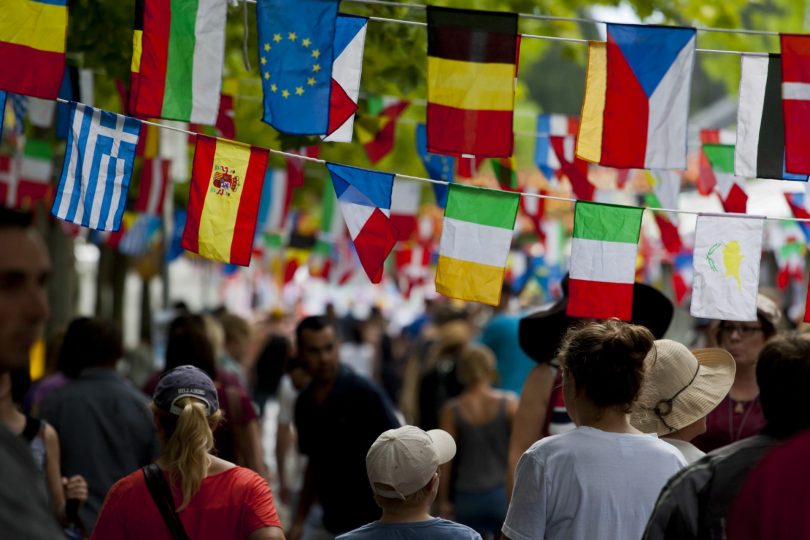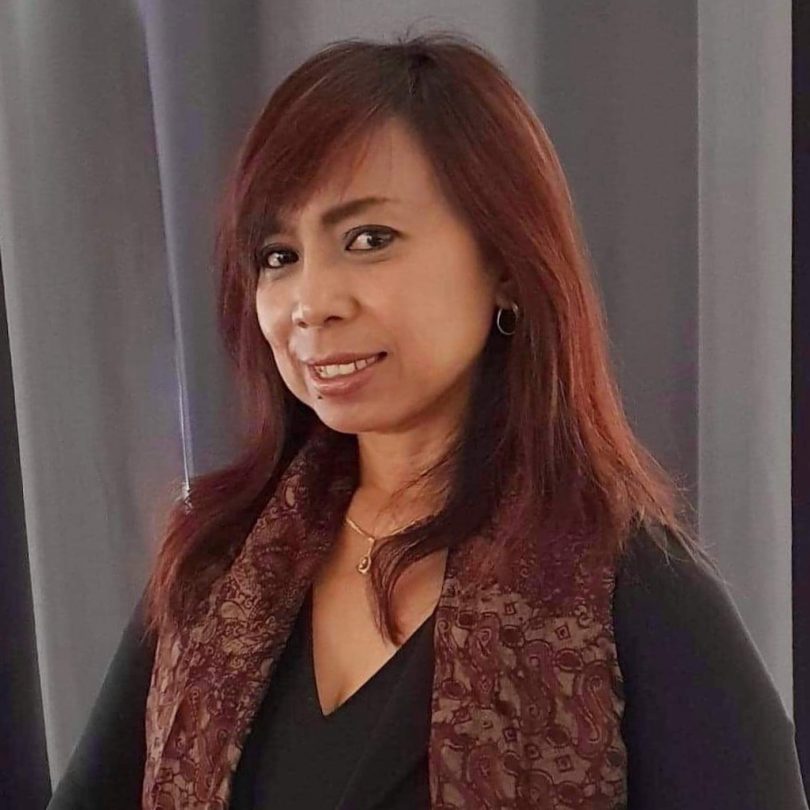
Australia prides itself on encouraging immigration but the lived experience of many migrants – especially during COVID-19 – has been less than welcoming. Photo: File.
Employers in Goulburn’s meat processing, hospitality, aged care, supermarkets and health sectors recruit from a stream of migrants desperate for work, permanent residency and citizenship.
But strict travel restrictions abroad and at home to contain the spread of COVID-19 have stopped migrants arriving or leaving the country.
Southern Meats human resources manager Kenny Conroy says the disruptions mean a fight for workers.
“It’s an industry-wide issue relying on foreign labour,” he says. “It’s thrown a spanner in the works, especially since the drought has broken.”
Migrants are cycled through Goulburn, and other regional places around Australia, while qualifying for their permanent status. New arrivals often work long hours under extreme conditions.
Australia does not recognise many of their qualifications, and is unhelpful with their paperwork, yet relies on them to staff service stations, clean toilets and bath and feed the elderly, among many low-paying tasks.
Some migrants in Goulburn could not return to their countries when respective borders closed. At the same time, businesses employing them ceased trading, and while most local employers look after their staff, it was left to churches and charities to feed some of these migrants.
According to the 2016 Census, few migrants have settled permanently in Goulburn in recent years. They move to bigger cities to be closer to relatives and more work opportunities. In a nation with an appalling attitude towards humanity – yet reliant on migration for economic growth – it’s hard to justify inflicting such unnecessary hardship on new arrivals.

Heni Hardy settled in Goulburn, from Bali, and she now runs the Goulburn Multicultural Centre. Photo: Supplied.
The few migrants who remain in Goulburn enrich our community. Prominent among them is Heni Hardy, an optimistic, energetic woman who left a high-profile business career in Denpasar, Bali, where she taught the Latin-inspired cardio-dance Zumba, which she resumed in Australia, first in Canberra and then in Goulburn after arriving in 2012.
With limited English, Heni volunteered at the Goulburn Multicultural Centre (GMC) and became its manager two years later.
“GMC is like a home away from home for many people who would otherwise be very lonely,” she says.
Asians, Africans, Pacific Islanders, Iranians and Europeans find companionship at GMC, while relying on Facebook Messenger video and WhatsApp to keep in touch with loved ones. Africans in locked-down Melbourne cannot visit their relatives in Goulburn, and more than ever, the multicultural centre is helping ease their feelings of isolation.
About 20 volunteers help with teaching cooking, sewing, driving, how to complete a driver’s licence test, and English conversation. Volunteers include retired school teacher Lois Mor, who, for six years, has taught English conversation, sewing, food, nutrition and understanding labelling in supermarkets.
Lois also visits homes for one-on-one teaching.
Raised on a family farm in Queensland, where her father grew sugar cane and tomatoes, she met many new Australians who worked temporarily on the farm.
“I think my father’s values have stayed with me all this time,” she says.
This year, when COVID-19 arrived, Lois switched her sewing classes to make stylish masks with her migrants to match their wardrobes.
“During the years, I think I have sold four sewing machines,” she says. “Some have gone away and started their own sewing business.”
Arriving from Java, Indonesia, Yenny Bent has been volunteering at GMC since 2018, providing information after exercise classes and at stalls and festivals and for foreign students. Now a permanent resident, she, like Heni, is a Rotarian.
Yenny learnt English when she was in kindergarten, a complementary skill to her Indonesian bahasa.
She says everyone at GMC relies on Heni’s knowledge.
“She is fantastic,” she says. “When people come looking for help, she knows what to do and who to contact. She has many years of experience.”
GMC’s work is crucial. Staff and volunteers are apolitical and are a beacon of hope for people in a new country who are undergoing the challenge of their lives.
Original Article published by John Thistleton on The RiotACT.







